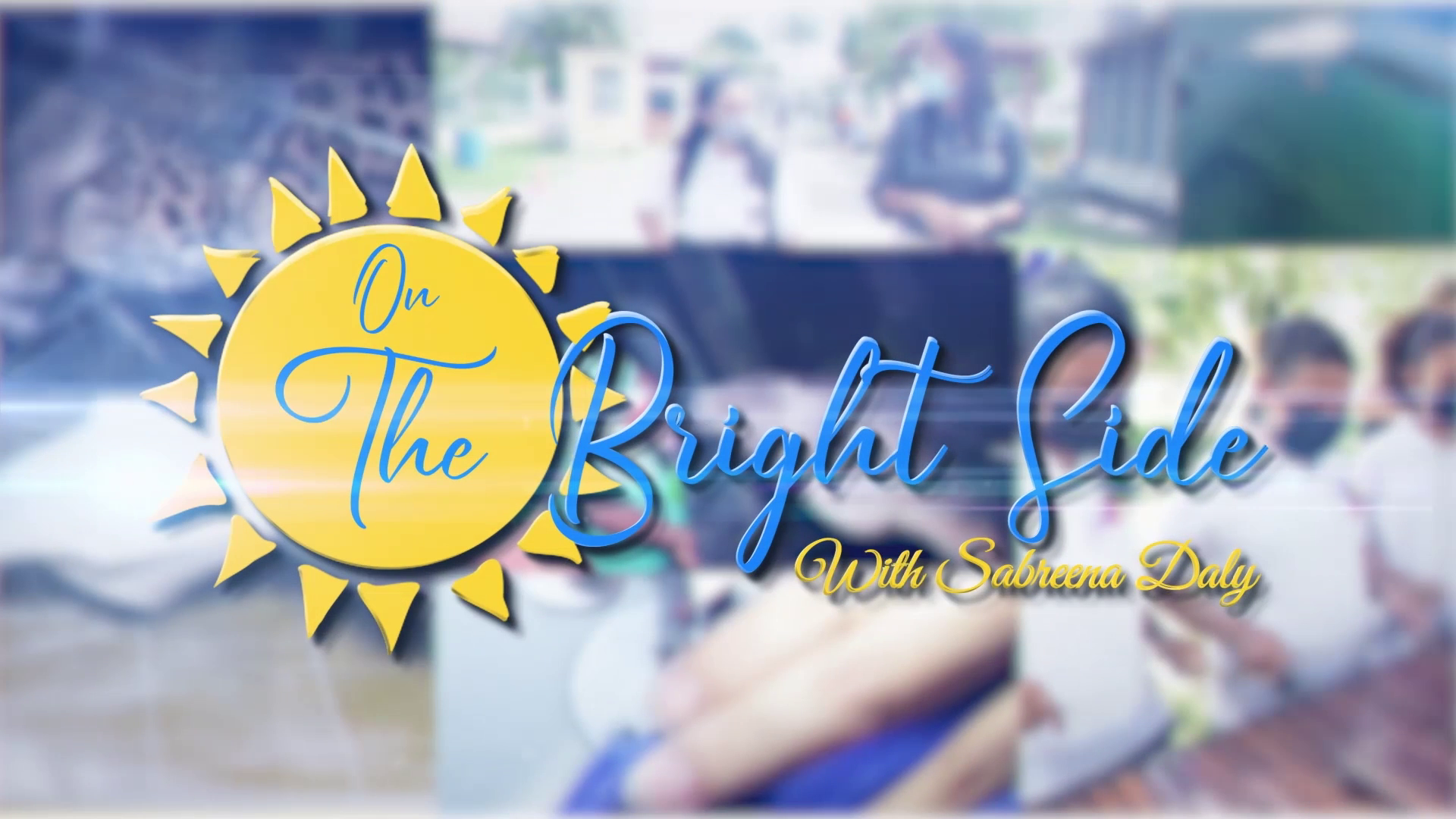Back in 1988, she wore the crown, the sash, and the smile that lit up a nation, Gayla Lopez, Belize’s Queen of the Bay. But what if I told you that was just the beginning of her story? Today, we’re turning the page on a journey that’s far deeper than pageantry. From the grace of the stage to the quiet power of a journal, Gayla has transformed her platform into a mission: helping others heal, grow, and express themselves through creativity and reflection. It’s a story of elegance, empathy, and emotional empowerment, and it’s all coming up in this week’s inspiring edition of The Bright Side.
She was just a young woman in 1988 poised, graceful, and full of promise when she stepped into the national spotlight as Belize’s Queen of the Bay. Her name? Gayla Lopez. The crown and sash made her a symbol of pride for an entire country, but that moment was only the beginning.
Gayla Lopez, Mental Health Advocate
“Queen of the Bay, back then, in my days, it had a lot to do with your elegance, your poise, your grace, your intellect, how intelligent you were, because we did have to answer questions. Um, but a lot to do with your grace, your elegance, your beauty, your poise, and um. That was pretty much a scene then 37 years ago.”
Times have changed and so has the crown. Gayla Lopez has watched the evolution of the pageant with pride—where today’s contestants are not just symbols of grace, but voices for change, championing causes and stepping into advocacy roles.
“It gives you a sense of pride, you know, to be a part of history, to be, it’s a part of our heritage. Like I said, queen of the Bay is just something that’s, um, kind of embedded, you know, so it does, it brings a smile to your face.”
Gayla Lopez
“I created a children’s journal called, called Five Journal. It deals with, um, children being able to recognize, to express and to embrace their emotions. It’s a way for them, because a lot of people are not able to verbalize, they can’t articulate what they’re feeling and to be able to articulate what you’re feeling, it empowers you as well, because the emotions are messengers.”
Gayla Lopez
“I’ve used art as a tool, a part of my life. When I was processing my own life growing up, I resorted to art as my escape. So what I’ve done is incorporate art as a tool for children to verbalize what they’re feeling and express themselves. It’s kind of like speaking colors when words cannot.”
Gayla Lopez
“Since then to now I’ve had to step back, like I said, because I recognize that adults are not able to articulate or to verbalize their own feelings, and they’re the people that I need to be able to assist children in this journey as well. So I’ve had to step back and I, so I offer sessions for adults primarily, but also for children. I think a lot of it has to do with how we were brought up as adults. We’re from different generations, so the way I was raised is very different from how my children are being raised now—or how their children will be. It’s like different stages. And I think one of the hindrances is how we often tell boys, for example, that they have to be tough—“you’re not supposed to cry.” I mean, that’s basically telling them not to feel. But they’re human beings too.”
“For me, patriotism means love of country, right? Um, there’s lots of work that needs to be done. I try to live my life as best as possible to be patriotic. Uh, for the love of my country, but there’s, to be real honest, there’s lots of work to be done. Um, I don’t think one person can do that. You can try.”
While being a beauty queen can be an empowering experience, it’s important to remember that a title does not define your true worth. Crowns and sashes may fade with time, but the strength of your character is the crown you wear for life. That’s the real legacy—one of resilience, growth, and purpose beyond the spotlight. Looking on the Bright Side, I’m Sabreena Daly.
